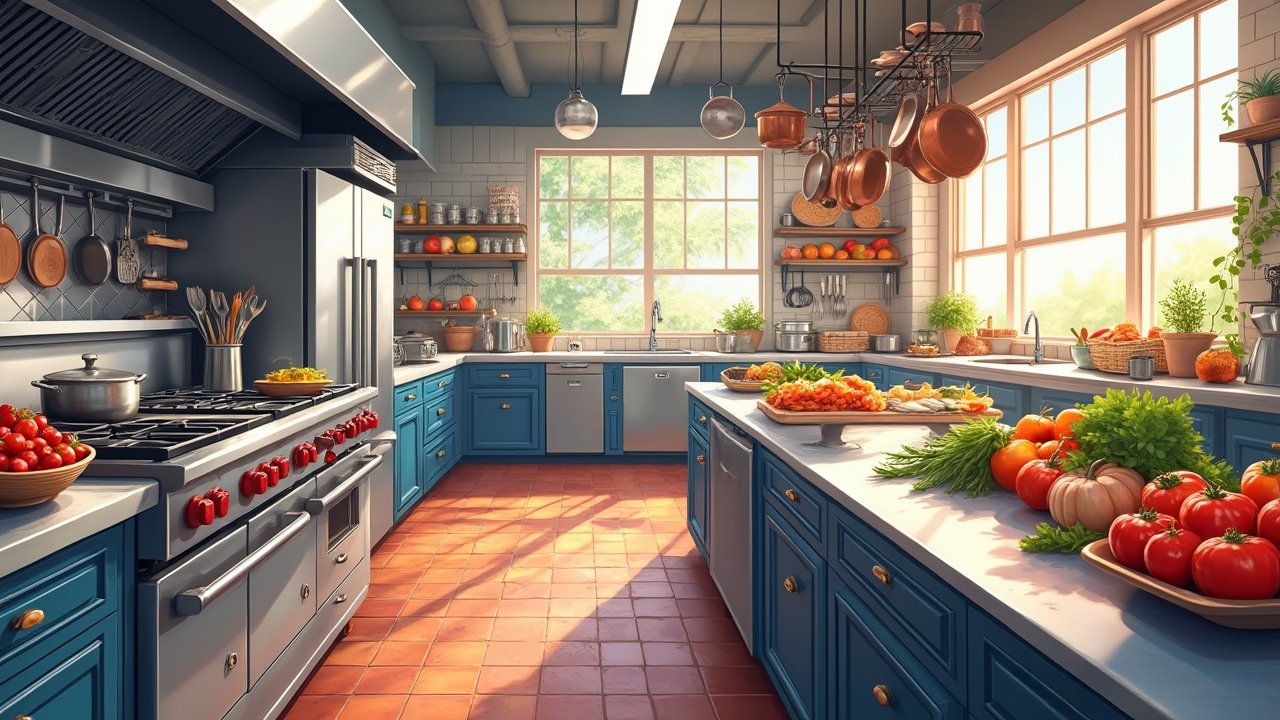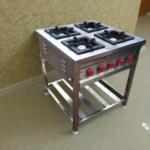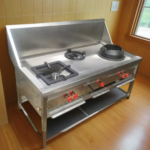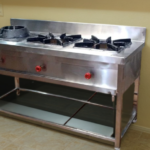Introduction to Professional Kitchen Equipment
Professional kitchen equipment forms the backbone of any commercial food operation. From bustling restaurants to catering services, having reliable tools ensures efficiency and consistency.
Choosing the right equipment goes beyond aesthetics. It’s about functionality, durability, and meeting the demands of high-volume service. The right tools can improve food quality, reduce waste, and increase productivity.
This guide will walk you through essential considerations, must-have equipment, and tool maintenance tips. Whether you’re upgrading your current setup or starting fresh, investing wisely in professional kitchen equipment is a step toward long-term success.
Key Considerations When Choosing Professional Kitchen Equipment
Importance of Durability and Quality
Durability is paramount in a commercial kitchen. Equipment undergoes constant use, and high-quality materials ensure longevity.
Opt for stainless steel appliances, which are resistant to corrosion and easy to clean. Additionally, prioritize brands with a reputation for reliability. Investing in quality upfront minimizes the risk of breakdowns and unexpected repair costs.
Energy Efficiency and Cost Savings
Energy-efficient appliances not only help the environment but also reduce operating costs. Look for Energy Star-rated equipment, which consumes less power without compromising performance.
Features like programmable settings and automatic shut-off mechanisms further enhance efficiency. Over time, these small savings add up, positively impacting your bottom line.
Essential Professional Kitchen Equipment for Restaurants
Cooking Appliances: Ovens, Grills, and Stoves
Cooking appliances are the heart of any kitchen. Commercial ovens, whether convection or combi, ensure even cooking and versatility. Grills and stoves, available in gas and electric models, cater to a variety of cooking methods.
When selecting these appliances, consider their size, output, and specific restaurant needs. A high-output burner, for instance, is essential for sauté stations, while a reliable grill ensures consistent results for charbroiled dishes.
Food Preparation Tools: Mixers, Processors, and Blenders
Food preparation equipment streamlines processes like chopping, mixing, and blending. Commercial mixers are indispensable for bakeries and pizzerias, while food processors simplify vegetable preparation.
Blenders, particularly high-powered ones, are crucial for creating smooth soups, sauces, and drinks. Ensure these tools have sufficient capacity and speed settings to match your kitchen’s pace.
Maintaining and Upgrading Your Kitchen Equipment
Regular Maintenance Tips
Routine maintenance extends the lifespan of your equipment. Clean appliances daily, descale regularly, and inspect for wear and tear.
Establish a maintenance schedule and train staff to handle equipment properly. Simple practices, such as not overloading mixers or wiping down grill plates, go a long way in preserving functionality.
Signs It’s Time for an Upgrade
Frequent repairs, inconsistent performance, or rising energy bills signal it’s time for an upgrade. Modern equipment often comes with advanced features, improving efficiency and safety.
Replacing outdated tools ensures compliance with health regulations and keeps your kitchen running smoothly. Look for trade-in options or financing plans to ease the transition.
Conclusion: Investing in the Right Equipment
Professional kitchen equipment is a cornerstone of a successful food business. You can create a kitchen that supports your culinary ambitions by prioritizing quality, efficiency, and proper maintenance.
Invest wisely, and your equipment will serve as a trusted ally in delivering exceptional food and service.








